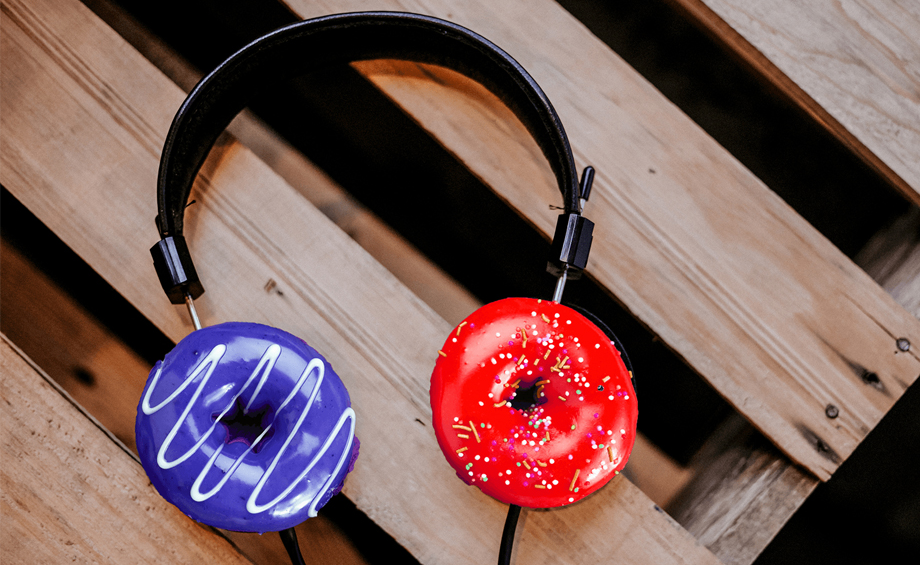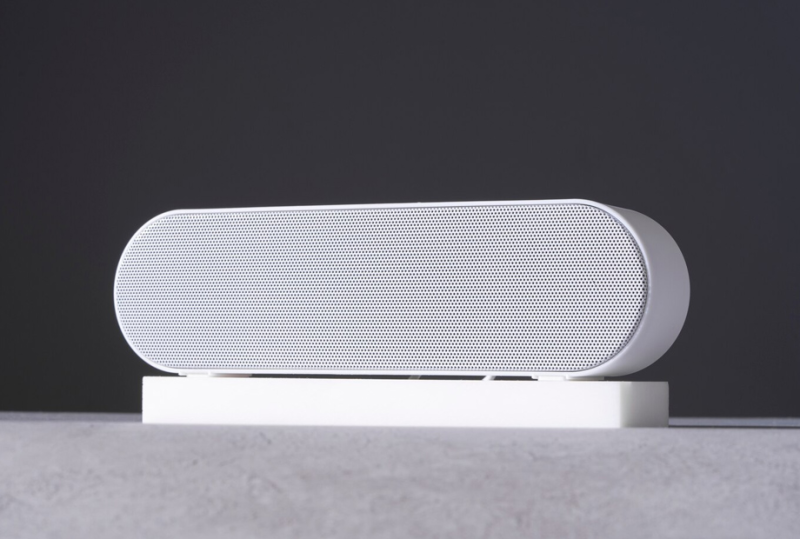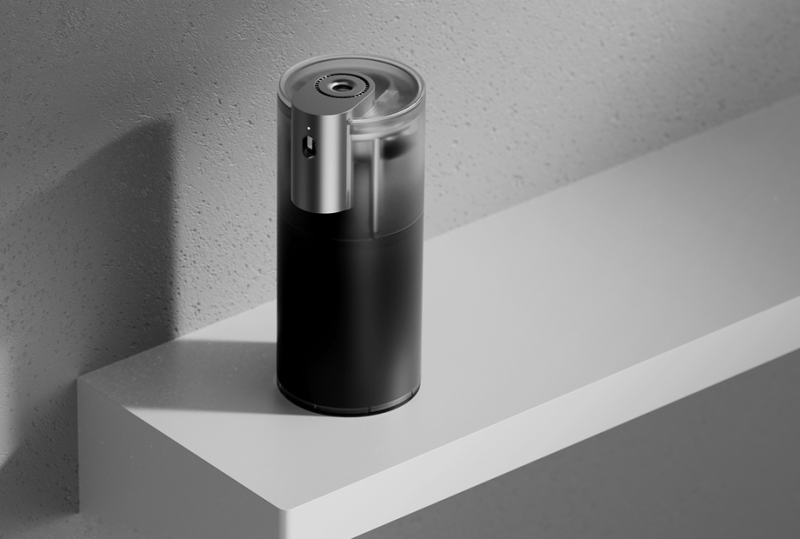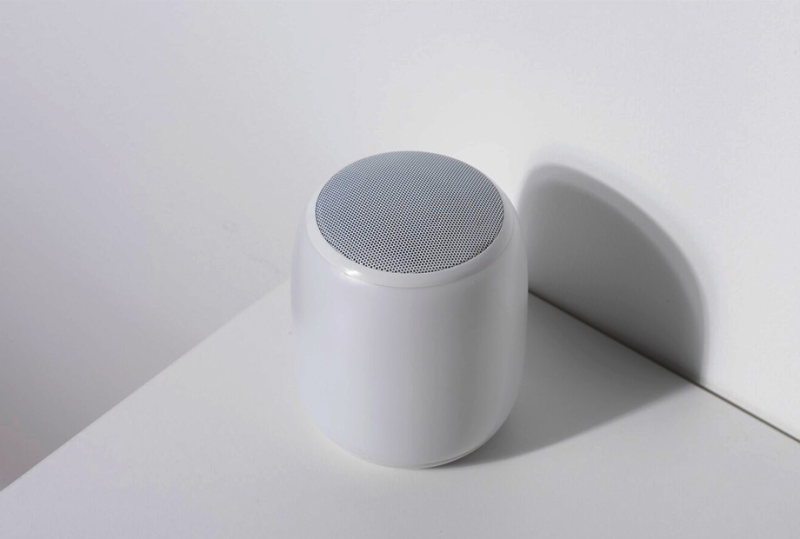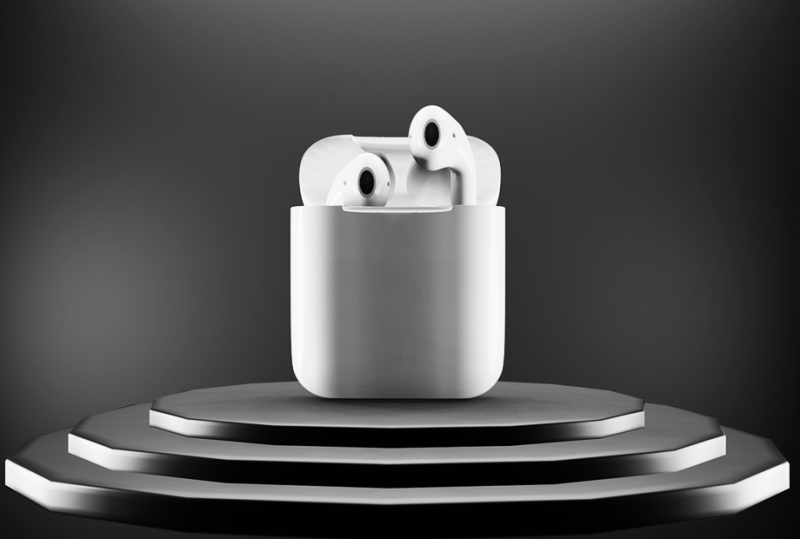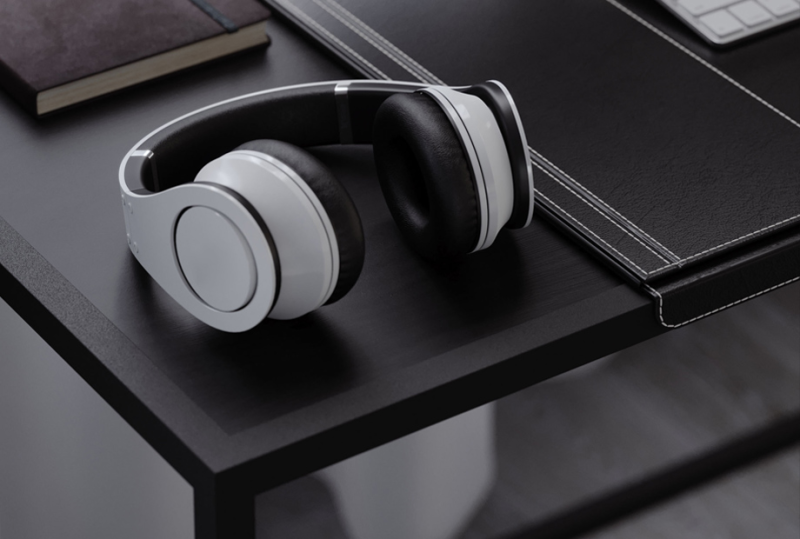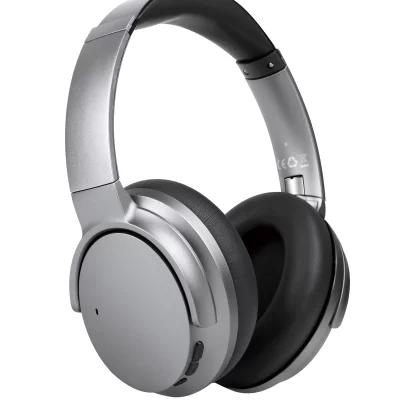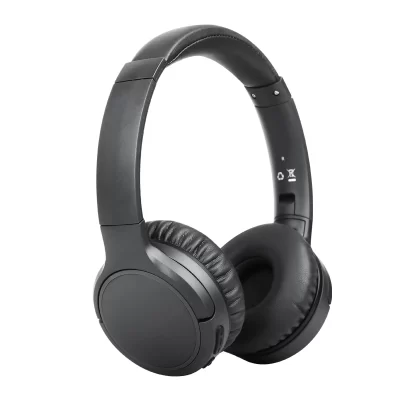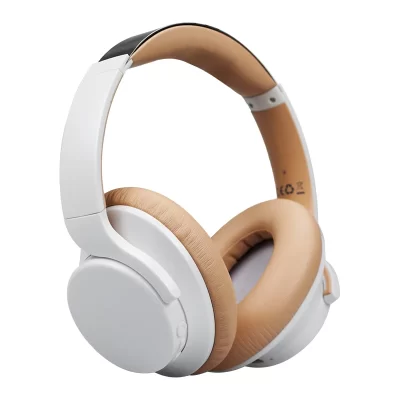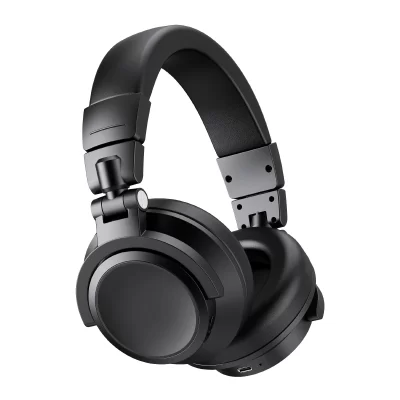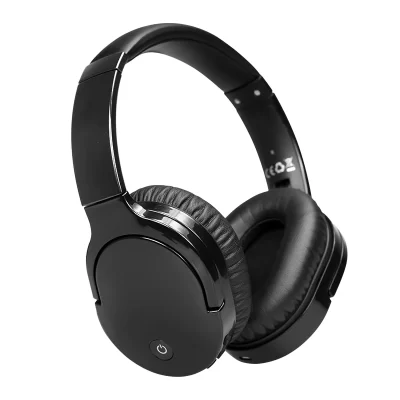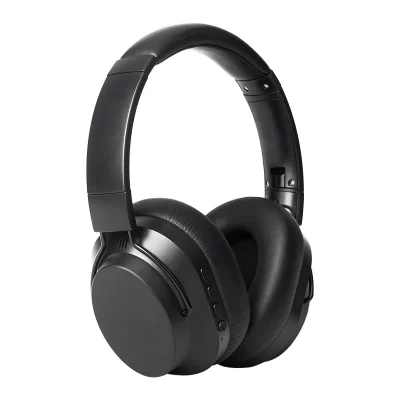Introduction
Choosing between over-ear or on-ear headphones is crucial as each offers a different listening experience. To help you make an informed choice based on your preferences and lifestyle, this study attempts to analyze the pros and cons of over-ear and on-ear headphones.
Over-ear headphones:
Pros:
Superior comfort:
The larger ear cups on over-ear headphones allow them to gently wrap around the ears, providing a comfortable and secure feel even for long listening sessions.
Noise isolation:
Since the larger ear cups filter out background noise, they help effectively isolate noise and produce an immersive sound experience.
Sound quality:
Over-ear headphones generally produce better sound quality, providing audiophiles with rich bass and detailed music, as they have enough space to accommodate larger drivers.
Long listening:
The design of over-ear headphones evenly distributes pressure over a larger area, making them comfortable to wear for long periods of time, whether watching movies, playing games, or listening to music.
Cons:
Bulky design:
Larger-sized over-ear headphones may not be very portable and may draw more attention, limiting their practicality for use on the go.
Heat Buildup:
Extended use, especially in warmer areas, can cause heat to build up around the ears, which can lead to discomfort.
On-Ear Headphones:
Pros:
Portability:
Since on-ear headphones are generally lighter and more portable, they are a practical choice for those who are often on the go.
Coolers for Long-Term Use:
On-ear headphones are also comfortable in hot areas because the ears feel cooler during long periods of use.
Stylish Design:
In addition to being a practical audio device, on-ear headphones often feature a chic and elegant style, which makes them stand out as an accessory.
Versatility:
On-ear headphones are adaptable and suitable for a variety of uses, such as working out, listening to music on the go, and traveling.
Cons:
Comfort for Long-Term Use:
Since they apply pressure directly to the ears, some users may find on-ear headphones less comfortable to wear during long listening sessions.
Limited Noise Isolation:
With smaller ear cups, on-ear headphones do not provide as much sound isolation as over-ear headphones, which may cause more ambient sound to leak through.
Sound Leakage:
In quieter environments, it’s best to consider the potential for in-ear headphones to leak more sound into the surrounding area.
Conclusion | Your Road to the Ultimate Audio Setup
In conclusion, personal taste and the purpose of the headphones will ultimately determine which type to choose: over-ear or on-ear. If you value comfort, excellent sound quality, and noise isolation for use in the studio or at home, then over-ear headphones may be the best choice. On the other hand, if mobility, adaptability, and a stylish look are essential for activities that require you to be on the go, then on-ear headphones may be a better fit for you. In the end, understanding the pros and cons of each design will allow you to choose the one that best suits your musical and lifestyle tastes.

